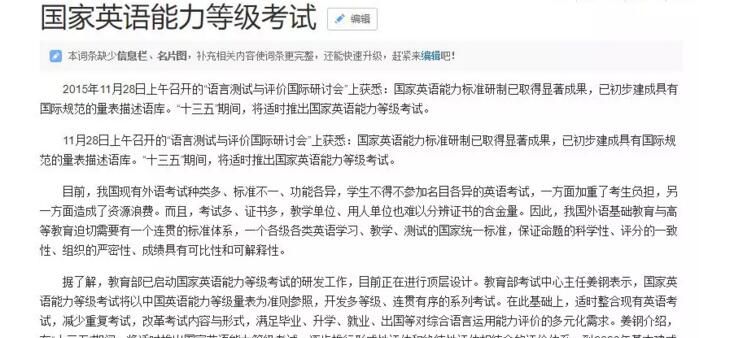Life-saving cure out of boy's reach
|
Huang Weigao, a 14-year-old boy from Xianning in Hubei province, asked his parents to stop paying for his leukemia treatment at Beijing Union Medical College Hospital as the family had spent its last penny on his hospital bill. "Daddy, don't borrow money for me I want to give up. Let's go home," he said. The boy had been receiving chemotherapy since last September, but the family could no longer afford the 80,000 yuan needed for another round of treatment. "The doctor said 400,000 yuan was necessary to save my boy's life but I could do nothing after using up our 30,000-yuan deposit," Huang's father said. Huang is among the increasing number of Chinese patients who are giving up medical treatments because they can't afford it. Liu Kejun, an official of the China Health Economics Institute, warned yesterday that the increasing cost of health care is becoming an economic burden for the Chinese. "The cost will increase at 11 percent a year over the next five years," he said at a health economics forum yesterday. Chinese citizens spent 2.4 trillion yuan on healthcare in 2005, accounting for 12.9 percent of their annual expenses, according to the Disease Prevention and Control Bureau under the Ministry of Health. Liu noted the ratio was 5.4 times more than 1993 and was growing faster than GDP. "Trying to get hospital treatment in the early stages could go a long way to decreasing the economic burden for patients," he said. The country unveiled a three-year plan on healthcare reform in April. Under the plan the government will provide universal access to basic health insurance, introduce an essential drug system, improve primary healthcare facilities, provide equitable access to basic public health services and pilot reform of state-run hospitals. |








